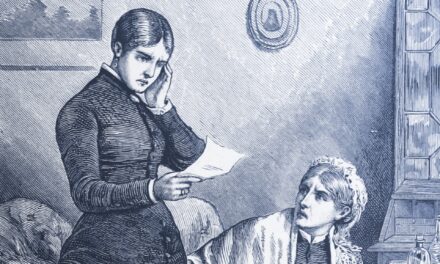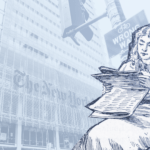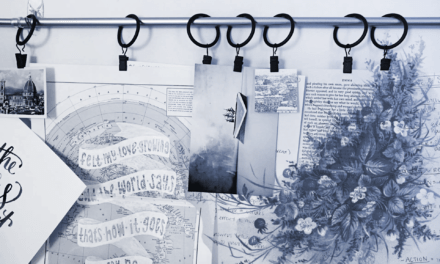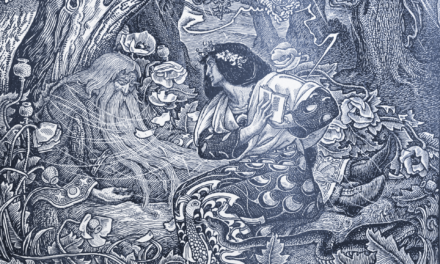
How Creative Writers Can Harness the Power of Libraries
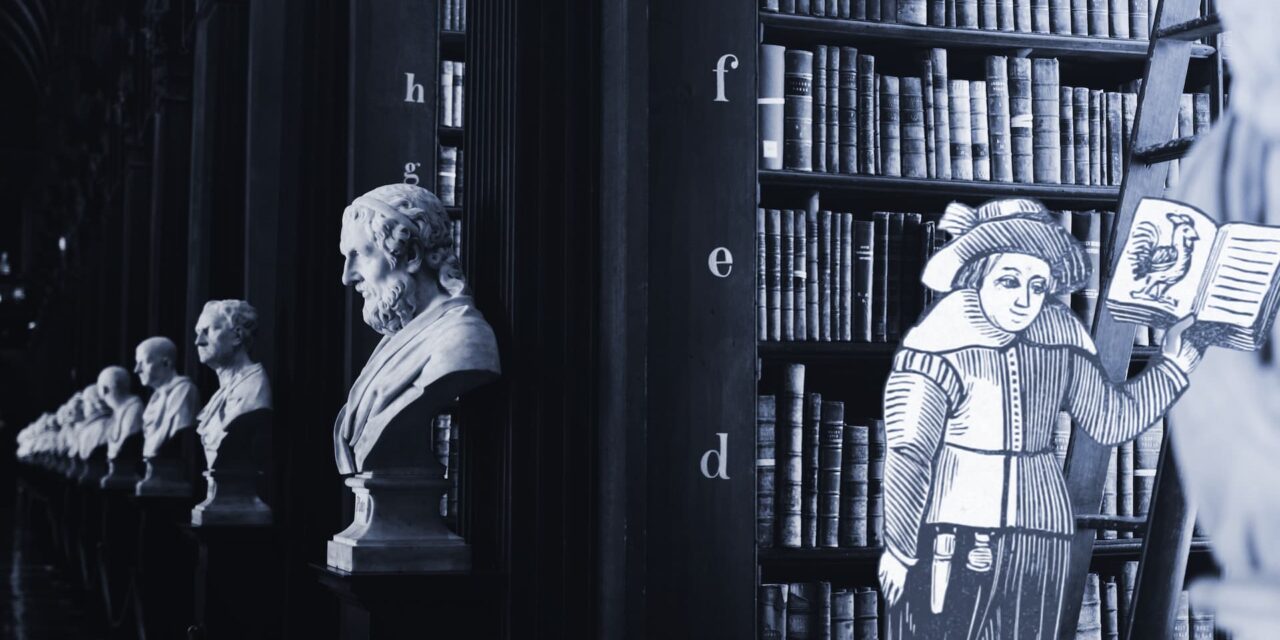
It is no great mystery that prolific readers make the best writers. And few people in the world know more about stories than librarians. Libraries are there for us when we first discover the joy of reading. They foster that love and support young readers as they grow.
At some point, many of us forget about the vital role libraries play in our early creative development. Most adults don’t visit libraries the way they did when they were children. But they should!
Libraries can still play an important and central part in our creative lives, especially as writers. Libraries have a lot to offer on your writing journey; they’re a free resource that can play an essential role. Here are some of the best ways you can harness the power of libraries to help you on your road to authorship.
A place to research
The power of libraries lies in their value as a resource. Not only are the libraries themselves full of all sorts of wonderful knowledge, but never underestimate how knowledgeable librarians are as well.
Librarians are always there, ready for any questions you can throw at them. They will be more than happy to help you find resources on any topic you can imagine and are even great at suggesting comp titles when pitching to agents and publishers.
Aside from being a place to find books, however, there are also other ways that libraries can facilitate research. Not only do they usually provide free internet access to those who might not have that access at home, but many libraries also have login access for several scientific and academic journals, like JSTOR, that are usually hidden behind a paywall. With a library login, you’ll have more access to knowledge than ever before!

Somewhere to find inspiration
Quite apart from providing the resources to research almost any topic under the sun, libraries are there to provide you with creative inspiration. Besides the fact that being surrounded by so many books is a great motivator, they’re also there for you to flick through to get inspiration when you’re stuck!
I love going to my local library and opening up a random book in the genre I’m working on. You may have a lot of books at home, but accessing books that you might otherwise not have picked up is a great way to spark your creativity.
Because of the enormous selection, libraries are fantastic for writing prompts and exercises. One of my favourites is to pick a random page and line of an equally random novel off the shelf and use that as a starting point to create something completely new. Having no target or agenda other than words on a page is so liberating. The vast inspiration available at libraries is a great way to spend an afternoon writing.
Organise writing groups
Librarians are book lovers, but they’re also great at supporting writers with a sense of community. Many libraries host regular writing groups that you can join, but if not, they’re usually open to the idea of you starting one!
Writing groups are a great way to meet new people and get feedback on your work. And libraries are the perfect place to host them, as they’re often already set up with meeting rooms, and any resources you might need are right there at your fingertips. I’ve made some great friends through my writing groups and received invaluable feedback on my work. It’s also great to see how other writers approach the craft.
Many libraries are happy to support writers in organising and hosting these events, as they’re usually open to the public and help promote the library as a valuable resource. It means attendees are more likely to be aware of and promote their other events, like book clubs, book launches, poetry readings, and author talks, encouraging community growth around books and literacy.

Attend writing workshops
When I was eleven, my local library hosted a writing workshop with acclaimed Australian children’s author John Marsden, author of Tomorrow, When the War Began. For five hours, people of all ages sat and wrote together, listened to John Marsden speak about his books and his process, and got feedback on their writing. I was one of the youngest people there, but it’s an experience that always stayed with me and cemented the knowledge that I wanted to be a writer.
The power of libraries in bringing writers together to learn and grow their craft in a setting where all words are valued can’t be overstated. These workshops are often free or low-cost and available to people of all ages and abilities. Some sessions will be geared toward beginners, while others are intended for more advanced writers who want to hone their craft further.
No matter how much you think you know, there is always more to learn, and a writing workshop can be just as valuable to your creative education as an expensive writing course.
Hold book signings and author events
If you’re a published author, then libraries are a great way to increase your audience. They’re often also willing to put your books on the shelves if you have physical copies available that are properly registered. But the most effective way to reach your readers through the power of libraries is through book signings and author events.
Libraries are always keen to host these kinds of events as they promote reading and literacy and bring the community together. Author events like book signings, readings, or even hosting your own writing workshops are the kind of things libraries often look to promote, as they not only support authors but also serve the wider community.
If you’re looking for somewhere to sign books or give a talk, then definitely get in touch with your local library and see if they’re interested. It’s a great way to reach new readers and connect with those you already have.

A quiet change of scenery
Writers and cafes go together like coffee and biscuits. But sometimes, they’re just too noisy.
Libraries are a great option when you need a quiet place to focus on writing. You can usually find a study area or quiet corner where you can spread out, and no one will bother you. And if you’re on a deadline, it’s the perfect place to get into a productive headspace.
Libraries are quiet and peaceful places where creative writers can find refuge from the busy outside world. They’re an ideal place for letting ideas flow. The power of libraries is in giving writers’ minds free rein with time away from distractions like social media or television.
Cafes are full of noise; there’s music, often something playing on a screen in the background, with lots of movement and people. On the other hand, libraries are some of the most inspiring places to write. They have a serene atmosphere perfect for long stretches of concentrated writing.
Libraries often also feature artwork by local artists that are great for inspiration. And if you’re in an old library, the architecture can also be edifying. My local library recently had an exhibition of black and white photography by a local photographer that generated some brilliant ideas, and the building itself is hundreds of years old, with a fascinating history leading to exciting writing prompts.
There’s no doubt that libraries are powerful places, and their power to inspire creative writers is undeniable. If you’re a writer, make the most of your local library and all it offers. So, next time you’re looking for a great place to sit and write, instead of heading to your local cafe, why not try the library instead?














